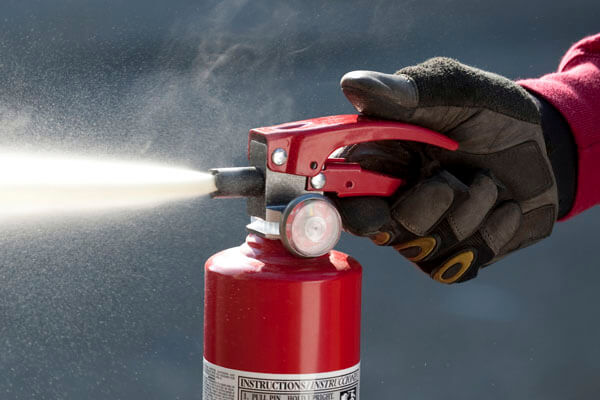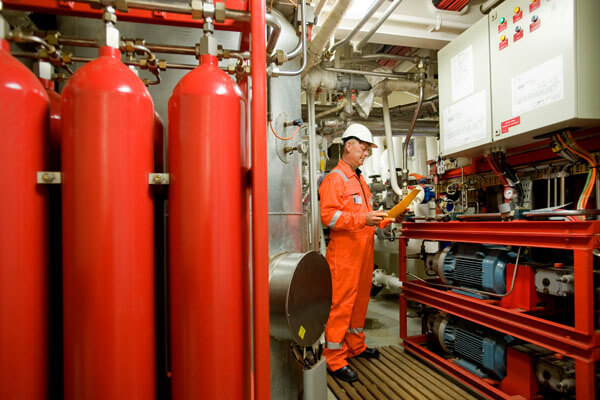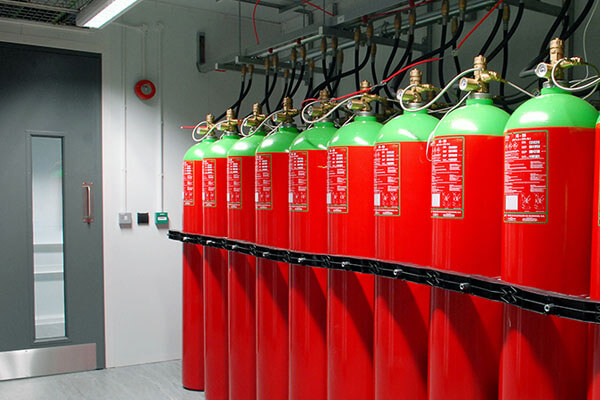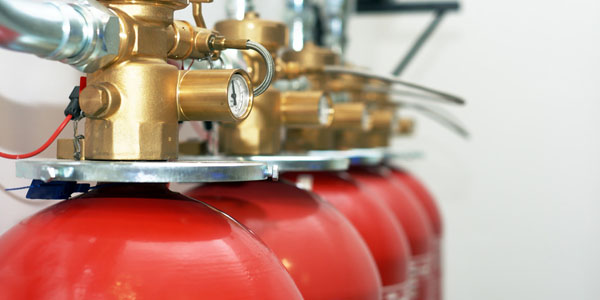INTRODUCTION:
In today’s world, where fire hazards pose a significant risk to both residential and commercial properties, ensuring effective fire suppression systems is paramount. Fire suppression systems play a crucial role in minimizing the devastating consequences of fires by rapidly detecting and extinguishing them. These advanced systems are designed to protect lives, safeguard property, and provide peace of mind.
Understanding Fire Suppression Systems:
Fire suppression systems are engineered setups designed to detect, control, and extinguish fires in various environments. They comprise a combination of components and technologies that work together to suppress fires before they can spread and cause substantial damage. These systems are typically categorized into two main types: active fire suppression systems and passive fire suppression systems.
Active Fire Suppression Systems:
Active fire suppression systems are proactive in nature, utilizing various methods to detect and extinguish fires. Some common types of active fire suppression systems include:
•Sprinkler Systems: Sprinkler systems are among the most widely used fire suppression systems. They consist of a network of pipes equipped with sprinkler heads that automatically release water when heat is detected, suppressing or extinguishing the fire.
•Gas Suppression Systems: Gas suppression systems employ different types of gases, such as carbon dioxide (CO2), clean agents like FM-200 or Novec 1230, or inert gases like nitrogen, to suppress fires. These systems are particularly useful in areas with sensitive equipment, as they do not leave residue or cause damage.
•Foam Systems: Foam fire suppression systems utilize a combination of foam concentrate and water to smother and suppress fires. The foam acts as a barrier, separating the fuel source from oxygen, thereby extinguishing the flames.
Passive Fire Suppression Systems:
Passive fire suppression systems, on the other hand, are designed to contain and slow down the spread of fires, providing additional time for evacuation and minimizing property damage. Common passive fire suppression systems include:
•Fire-resistant Construction Materials: Passive fire suppression systems often involve using fire-resistant building materials, such as fire-resistant doors, walls, and ceilings. These materials help restrict the spread of fire and provide containment.
•Fire and Smoke Dampers: Fire and smoke dampers are devices installed in heating, ventilation, and air conditioning (HVAC) systems. They automatically close off ductwork when they detect smoke or excessive heat, preventing the spread of fire and smoke throughout the building.
•Fire-resistant Glazing: Fire-resistant glazing refers to the use of specialized glass or glazing systems that can withstand high temperatures and prevent the spread of fire. These systems are commonly employed in areas where visibility or aesthetic appeal is desired.
Importance of Fire Suppression Systems:
Fire suppression systems are essential for several reasons:
a) Life Safety: The primary objective of fire suppression systems is to protect human life. By rapidly detecting and extinguishing fires, these systems provide occupants with valuable time to evacuate safely, minimizing the risk of injuries or fatalities.
b) Property Protection: Fire suppression systems help safeguard valuable assets, including buildings, equipment, and inventory. By swiftly suppressing fires, these systems reduce property damage and facilitate faster recovery and business continuity.
c) Early Detection and Response: Advanced fire suppression systems are equipped with sensors and alarms that can detect fires in their early stages. This early detection allows for quicker response times, increasing the chances of successfully suppressing the fire before it grows out of control.
CONCLUSION:
Fire suppression systems are an integral part of modern fire safety measures. Whether through active or passive systems, these setups provide an effective means of detecting, controlling, and extinguishing fires. By prioritizing the installation and maintenance of fire suppression systems, property owners and managers can significantly enhance safety, protect lives, and mitigate the devastating effects of fire incidents. Remember, investing in fire suppression systems is investing in the well-being of individuals and the long-term sustainability of structures and businesses.
DO YOU HAVE ANY QUESTIONS ABOUT?
Don’t wait to contact us now by sending an email to info@bio-genesis.it! Our experts are at your complete disposal to guide you in choosing the most suitable product for your fire-fighting needs.





